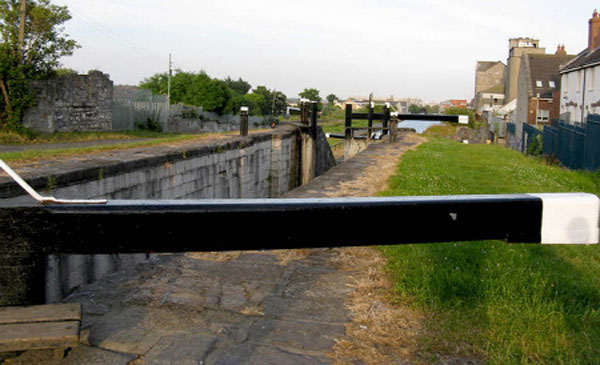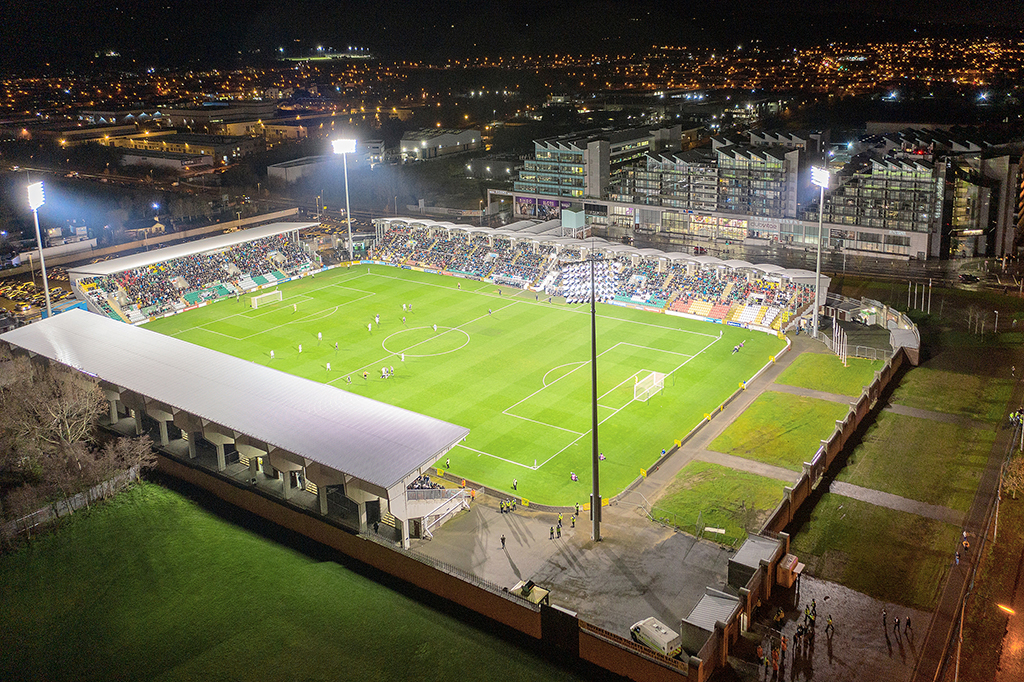Waterways Ireland responds to pollution
Dublin People 19 Jul 2019
WATERWAYS Ireland has said it treats any threat to the ecological health of Dublin’s canals as a priority issue following the leaking of small plastic beads into the Grand Canal.
The issue was raised by Cllr Mary Freehill, who said that since July 6 small beads of polystyrene have been floating along the canal.
The source of the pollution is believed to be a burst sleeping bag at Sally's Bridge.
The Labour Councillor for Kimmage Rathmines said the plastic pollution on the Grand Canal posed a serious a risk to wildlife.
“These small beads of polystyrene have been floating in the water from Sally's Bridge at Clogher Road down to Portobello Dock for nearly two weeks,” Cllr Freehill claimed.
“Despite every effort by canal volunteers to clean as much of this up as possible these beads are still floating down as far as Portobello Bridge. This is a major threat to the health of wild life on the canal.”
The former Lord Mayor said that as a result the biodiversity and wildlife of Dublin City was at risk.
“Dublin’s canals are the responsibility of Waterways Ireland,” Cllr Freehill pointed out.
“I reported this to the City Council and they received this response from Waterways Ireland on July 9: ‘Our Operations team are looking to see what resources can be allocated to remove this. A vessel is required to access this stretch and at present our boats are positioned as a priority to cut weeds to ensure water can flow into Dublin canals’.”
Cllr Freehill went on to say: “This microplastic waste is a threat to wildlife, and the lack of a priority response is unacceptable. Meanwhile our birds and swans are at risk of ingesting these beads.”
However, in response, Waterways Ireland said that on receipt of the complaint, staff were immediately deployed to ascertain if the beads could be collected from the bank.
“Whilst some were removed it was not possible to access all the beads given their dispersed nature,” a spokesperson explained.
“It was then agreed to deploy a weed cutting craft to collect the remainder of the beads. However, the craft first had to address significant weed growth further along the canal system.
“Excessive weed growth seriously impacts large sections of canal by reducing water flow to downstream levels and choking the aquatic ecosystem which impacts fish and other wildlife.
“Failure to address this issue first could have had far more devastating impacts and as such we prioritised.”
The spokesperson added: “We are committed to managing and maintaining the rich ecological and recreational corridors which are our inland waterways.
We also fully acknowledge and appreciate the assistance offered by voluntary clean-up groups.”











